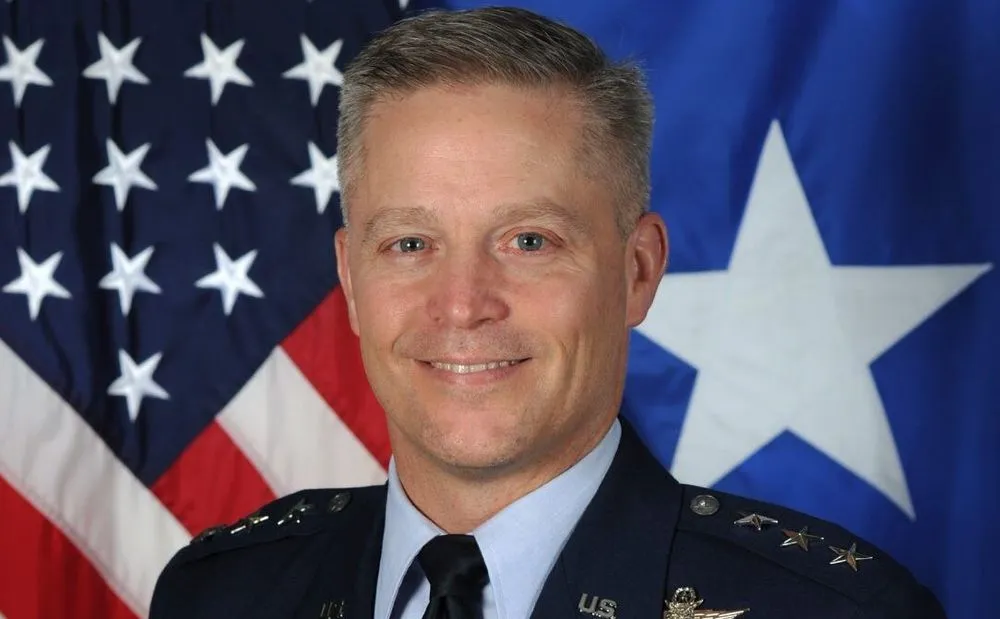Senate Armed Services advances Cyber Command deputy, Navy cyber chief nominees
The Senate Armed Services Committee on Tuesday advanced President Joe Biden’s pick to be the next No. 2 at U.S. Cyber Command.
The panel gave voice-vote approval to Sixteenth Air Force (Air Forces Cyber) chief Lt. Gen. Timothy Haugh to be Cyber Command’s new deputy as part of a list of more than 3,400 pending military nominations.
The committee also approved Navy Rear Adm. Craig Clapperton to become a vice admiral and the next head of the Navy's Fleet Cyber Command.
Clapperton, who, like Haugh, did not have a confirmation hearing, would become the sixth chief of the service’s digital warfighting branch since it was established in 2010.
Both nominations, which were made just last month, now go to the Senate floor for a confirmation vote.
Haugh is considered to be the most likely successor to Cyber Command and National Security Agency chief Army Gen. Paul Nakasone.
Before overseeing the creation of the Air Force’s first information warfare entity, Haugh served in a number of senior roles at the command, including as its director of intelligence and as the military organization’s co-lead of a joint election security task force with the NSA to protect the 2018 midterm elections from foreign interference.
The Record reported last month that Nakasone had been asked to remain in his roles for another year. Sources familiar with Nakasone’s thinking said the four-star general wanted to remain at the helm of both organizations — which share a campus at Fort Meade, Maryland — in part to sharpen Cyber Command’s offensive capabilities against foreign adversaries.
If he is confirmed by the full Senate, Haugh, who has already worked extensively with the Nakasone, would be positioned to help manage the command’s operations to defend the 2022 midterms from foreign meddling by Russia, Iran and others.
Martin Matishak
is the senior cybersecurity reporter for The Record. Prior to joining Recorded Future News in 2021, he spent more than five years at Politico, where he covered digital and national security developments across Capitol Hill, the Pentagon and the U.S. intelligence community. He previously was a reporter at The Hill, National Journal Group and Inside Washington Publishers.



